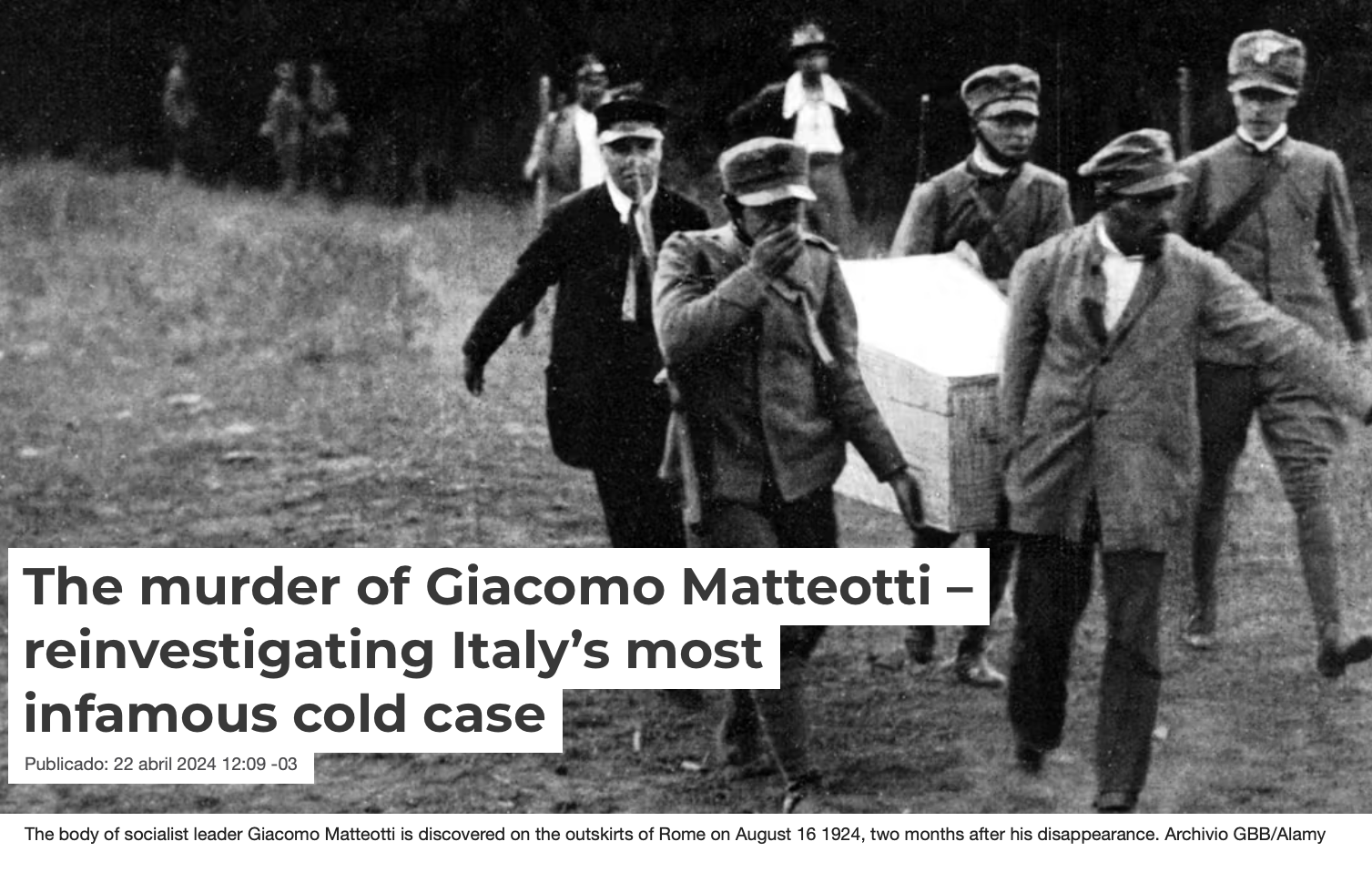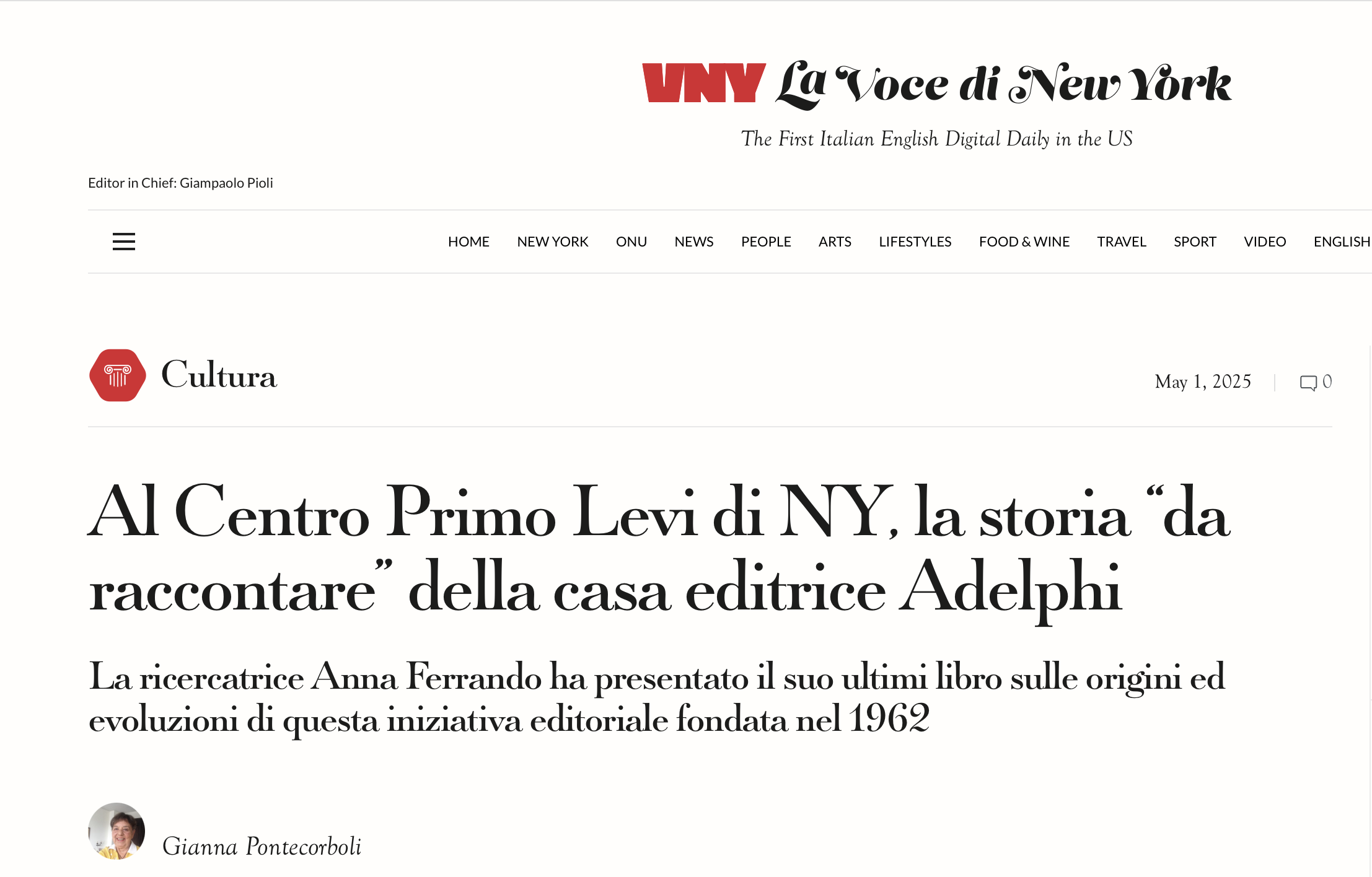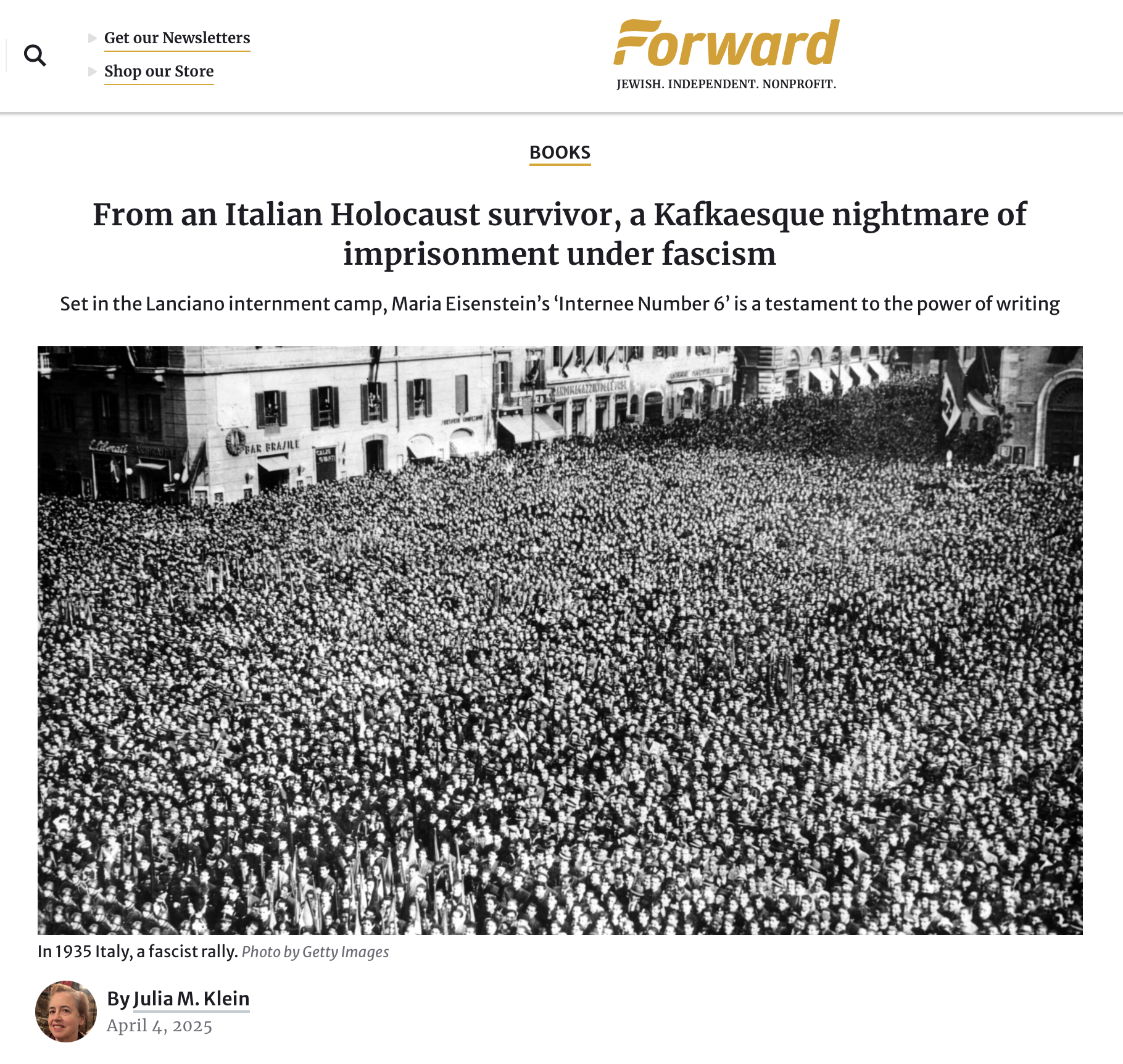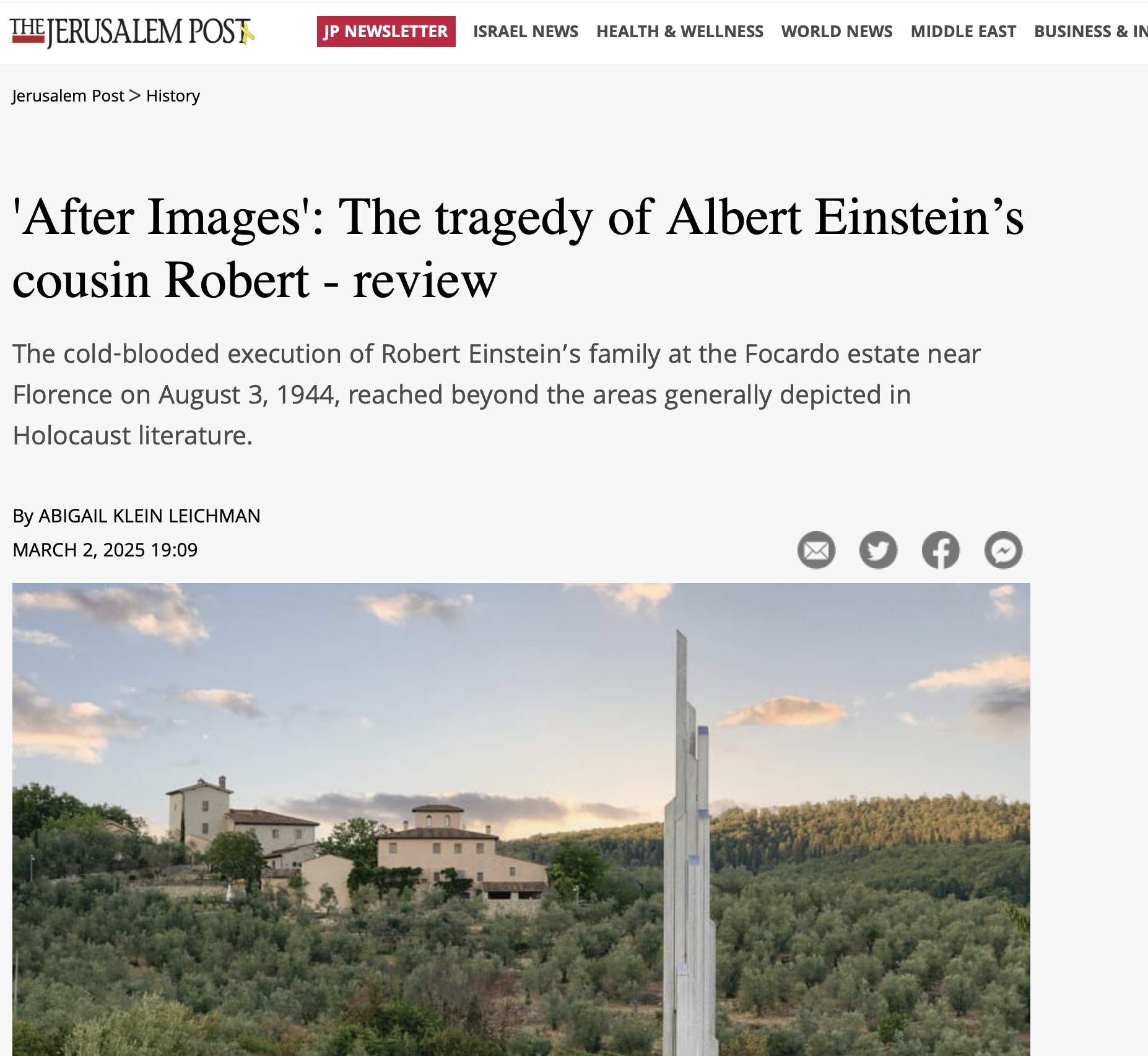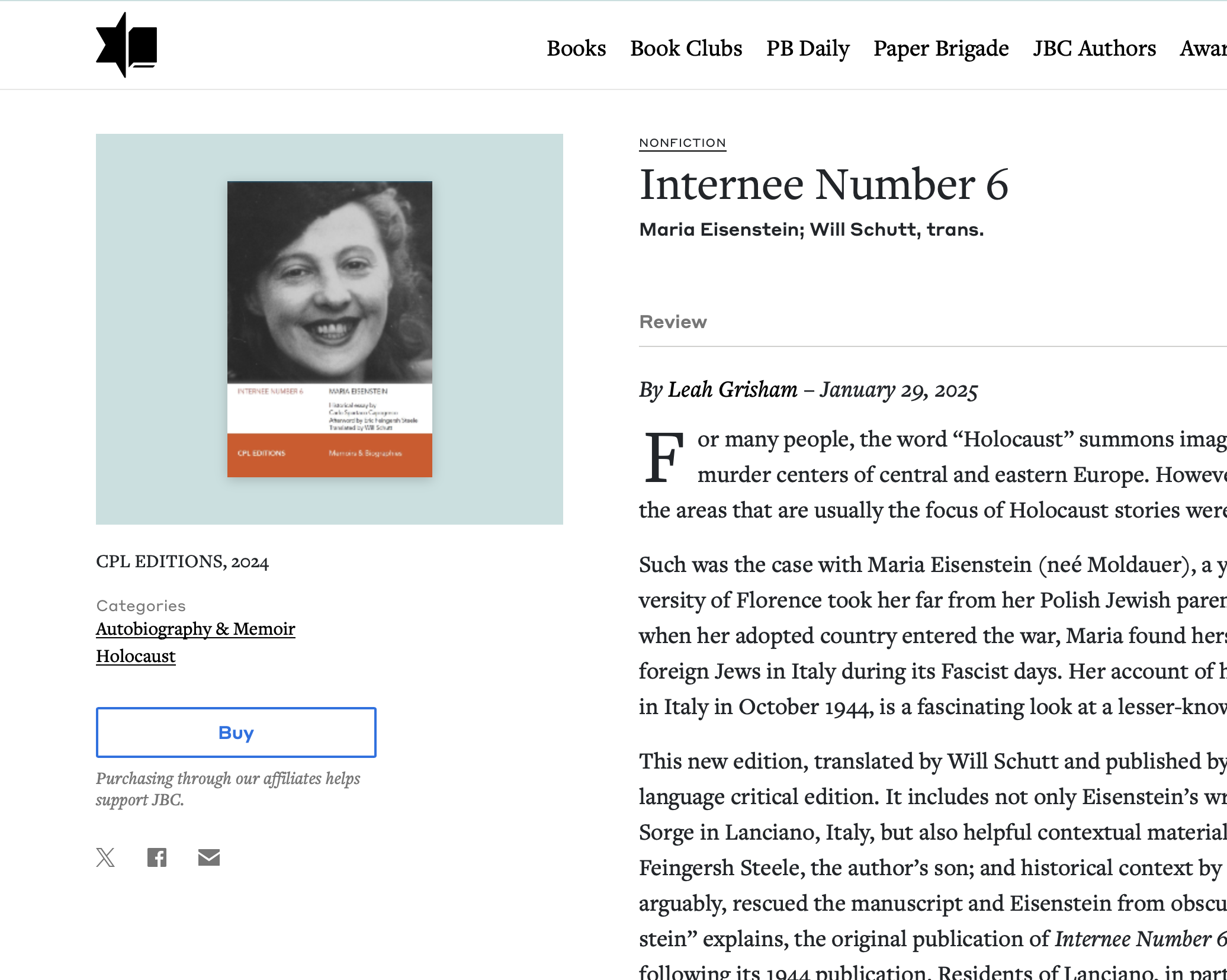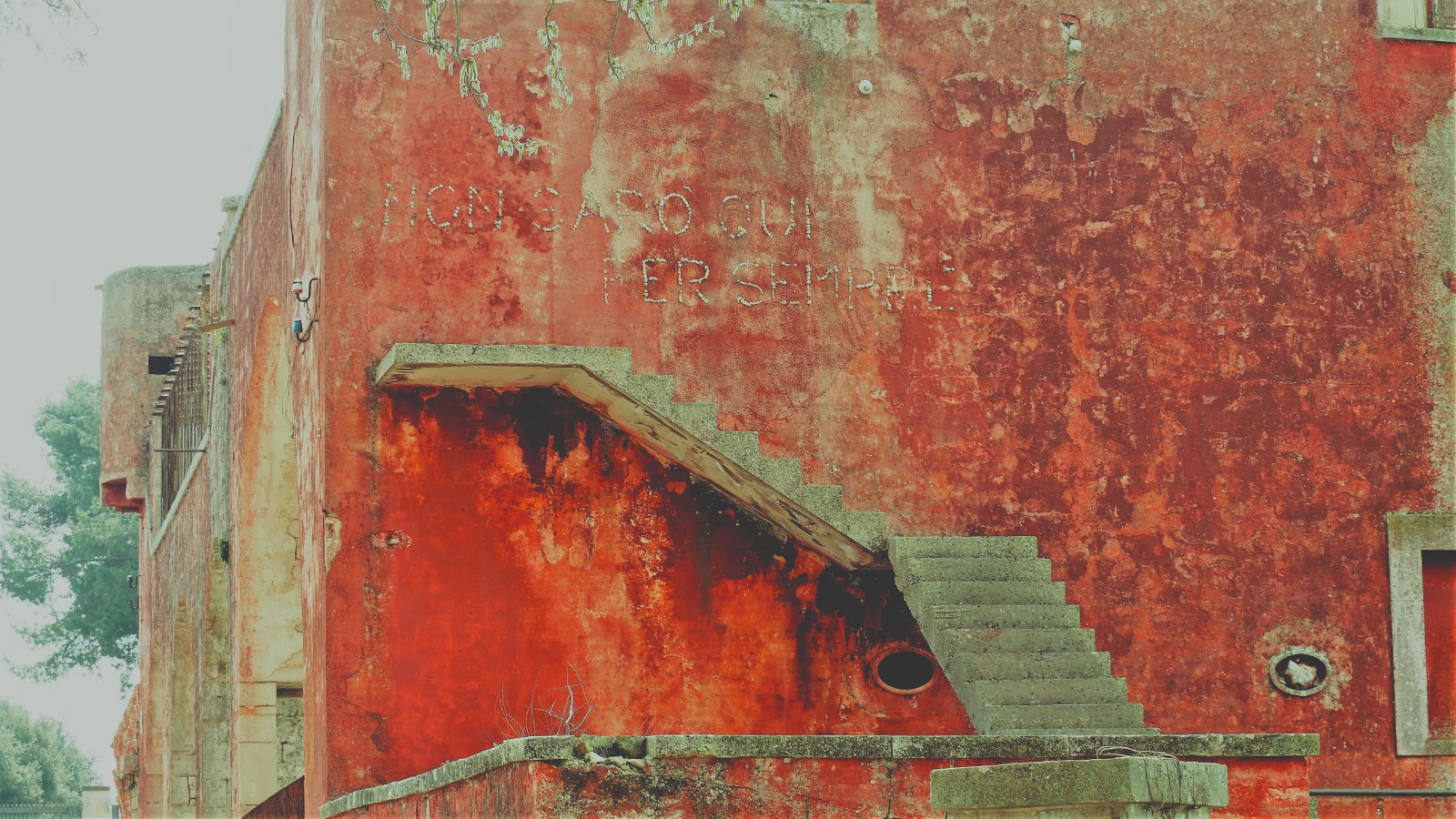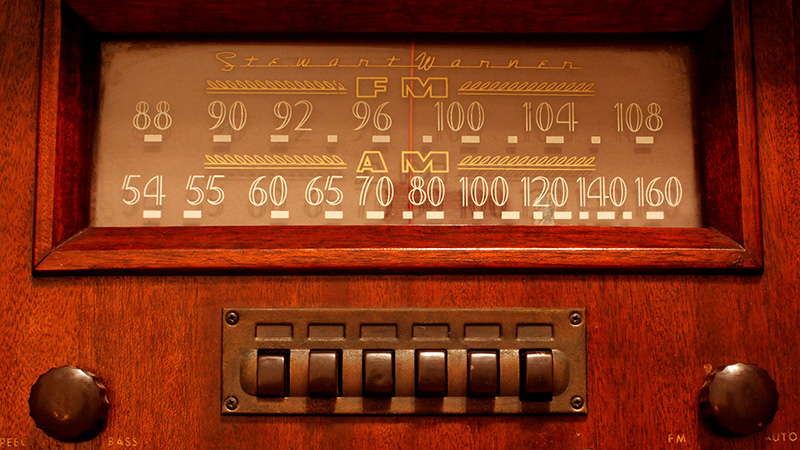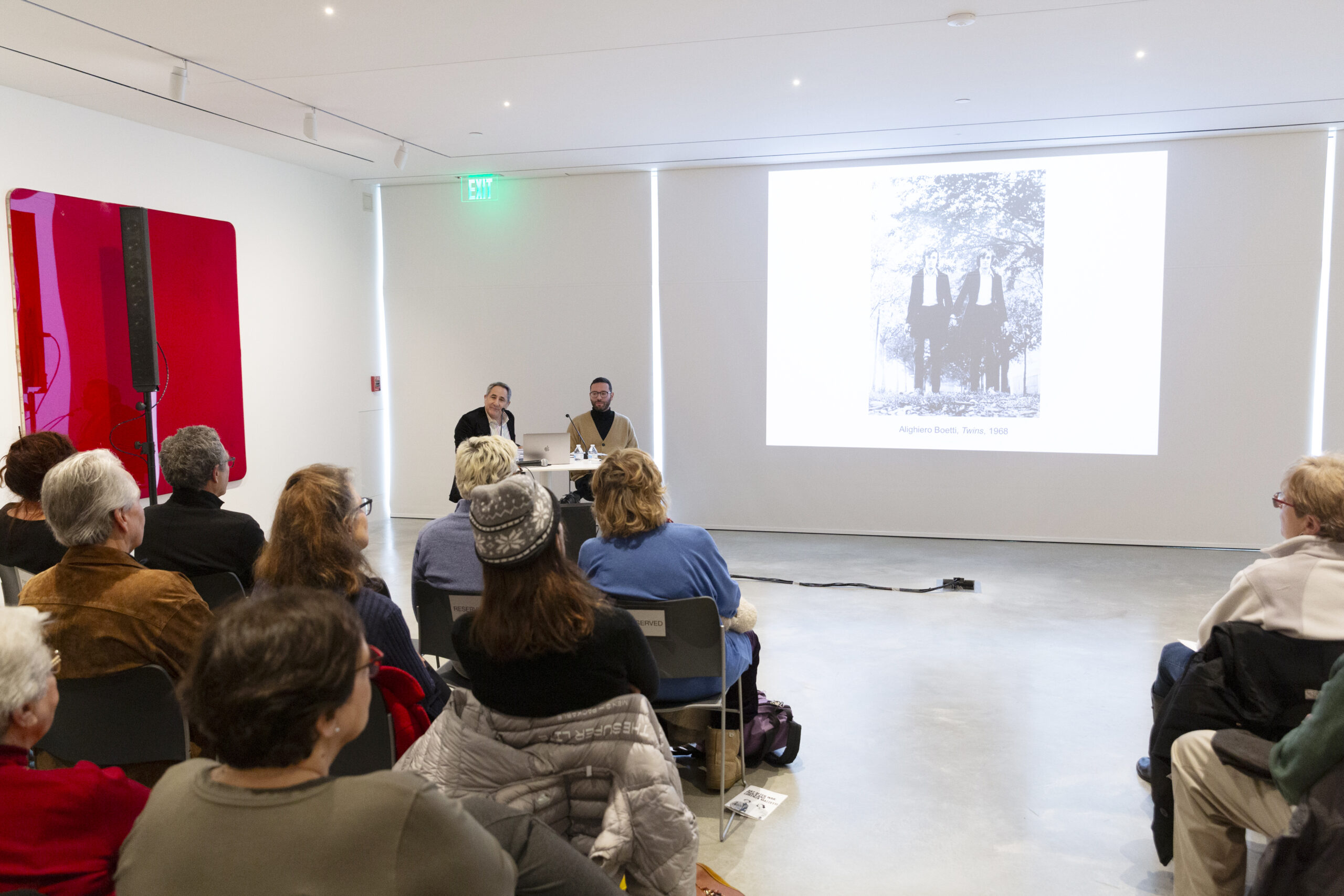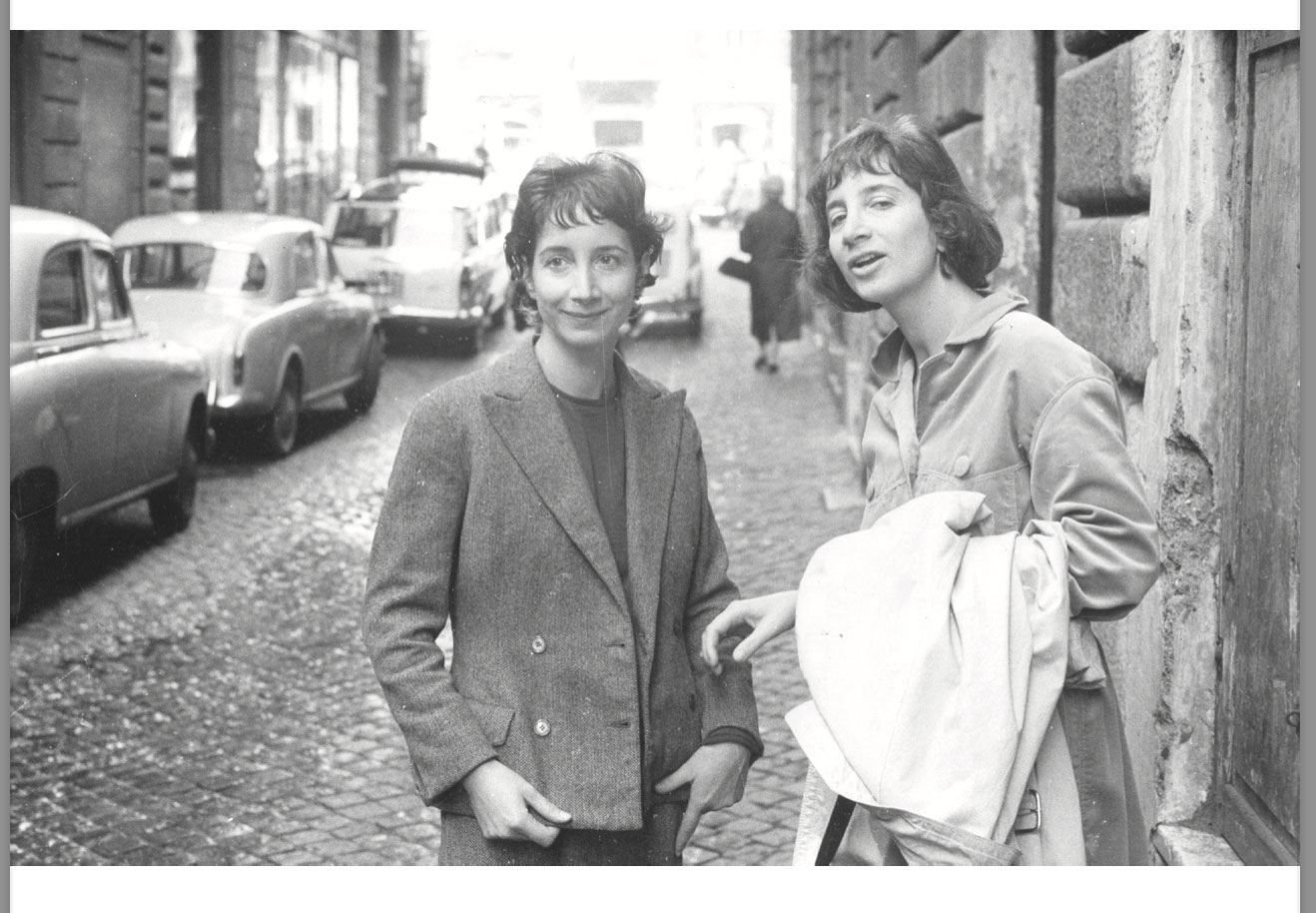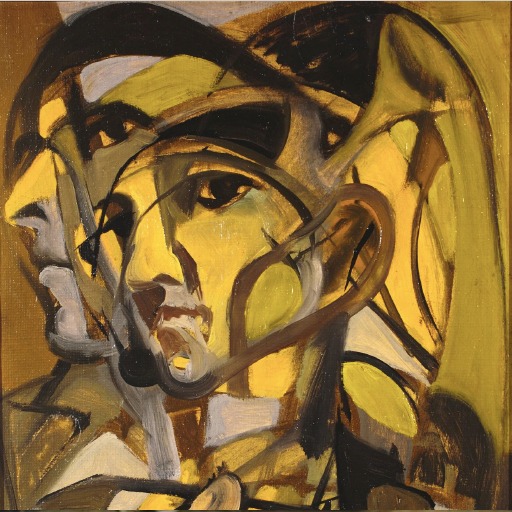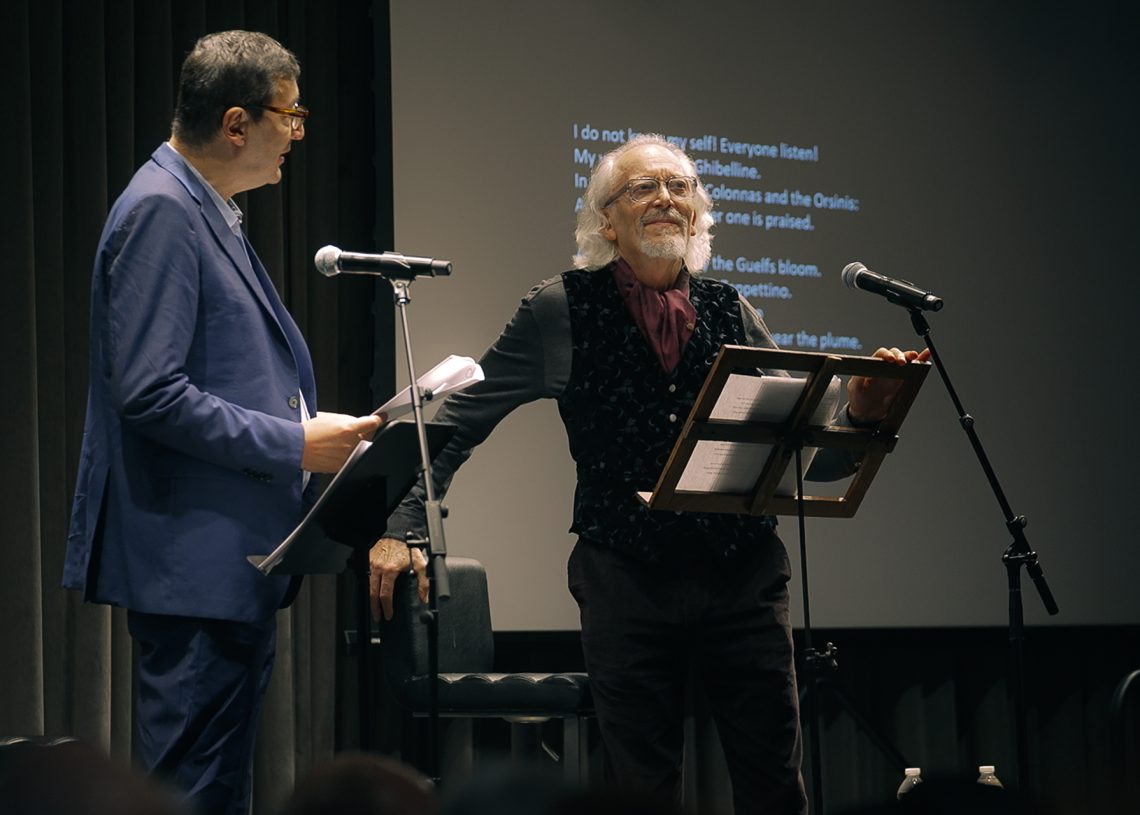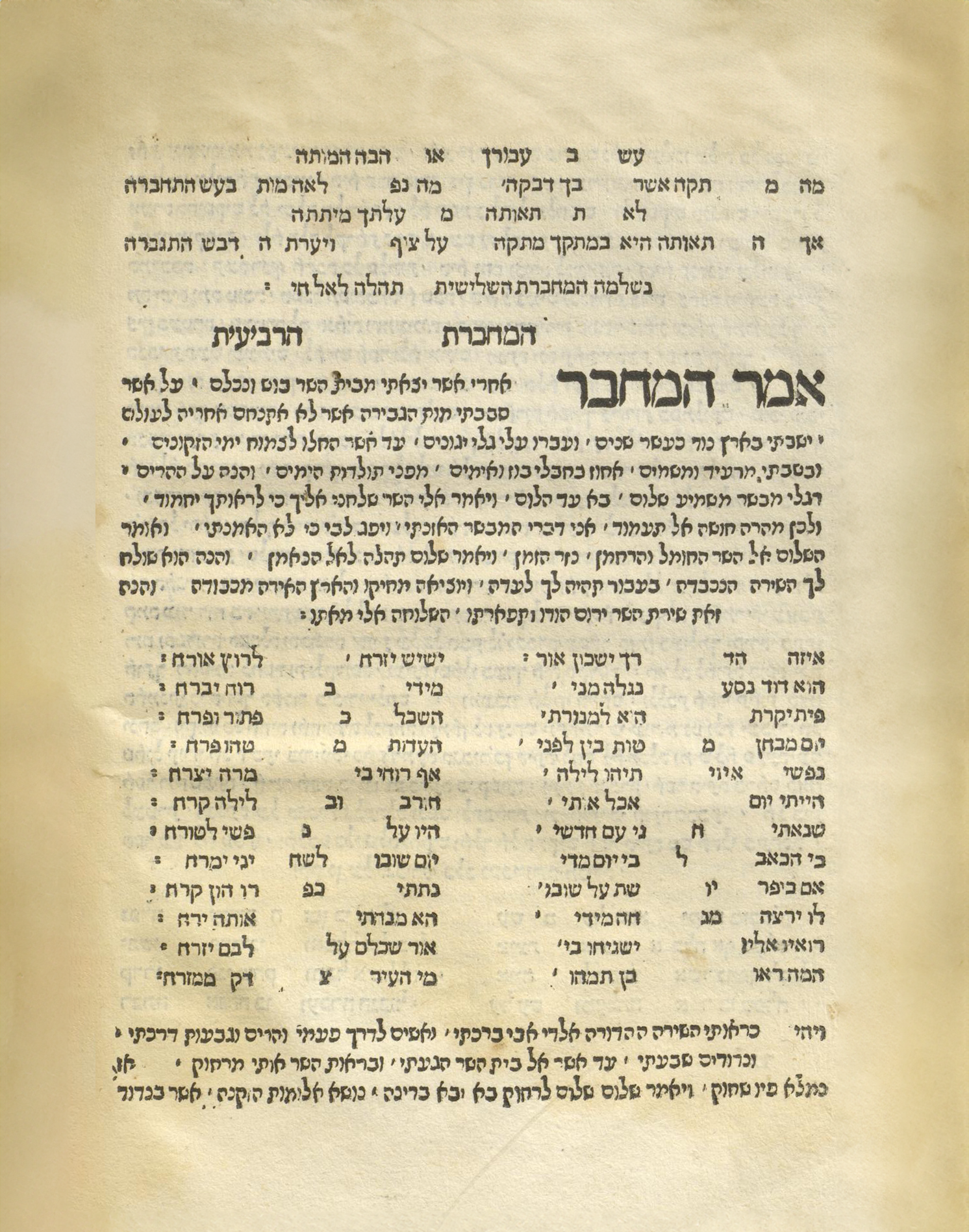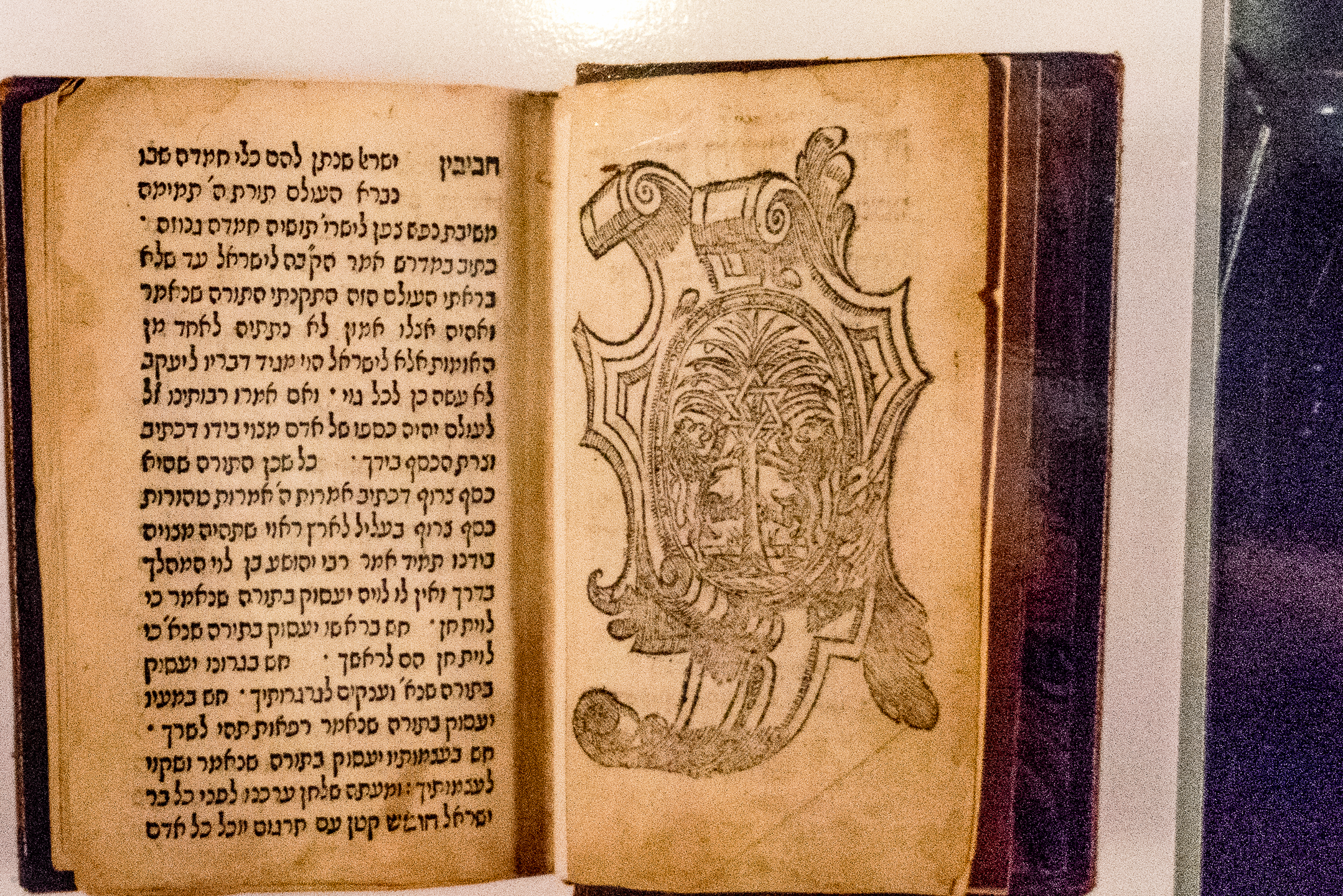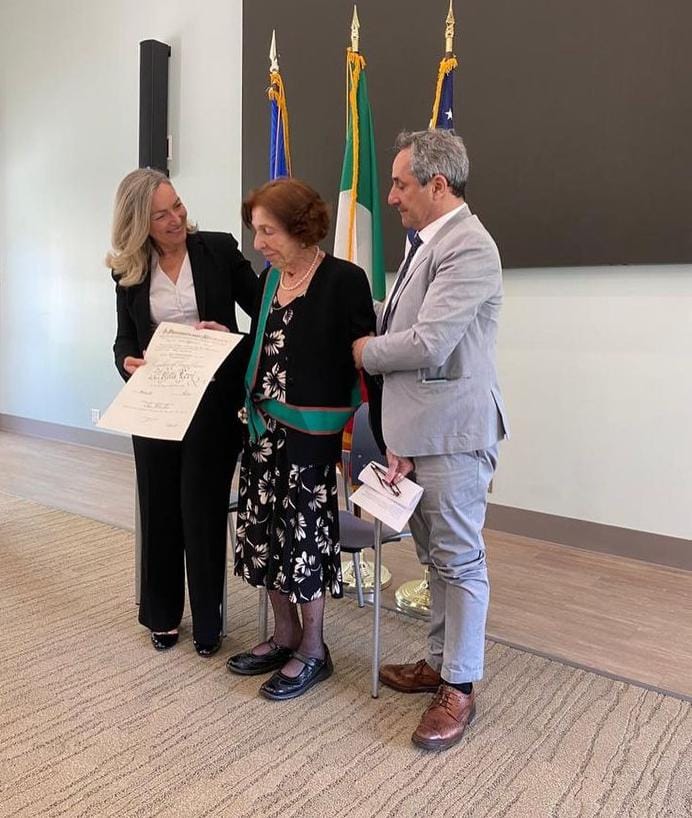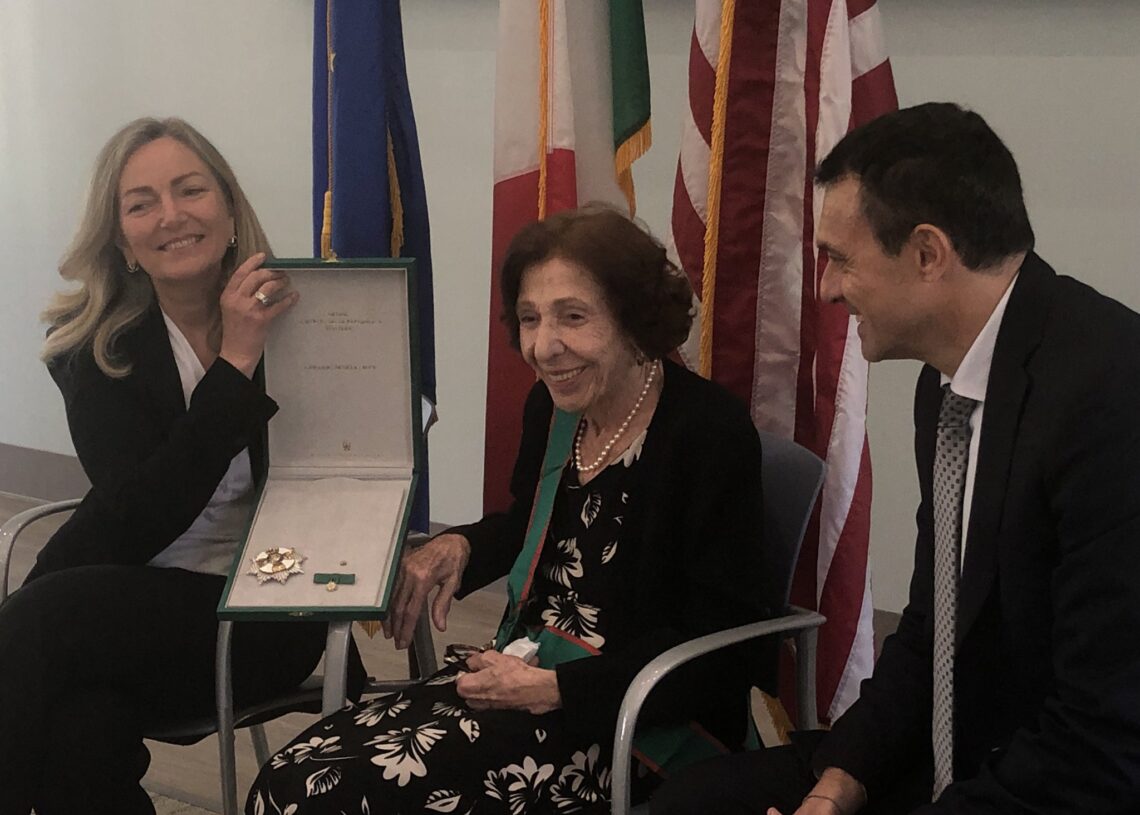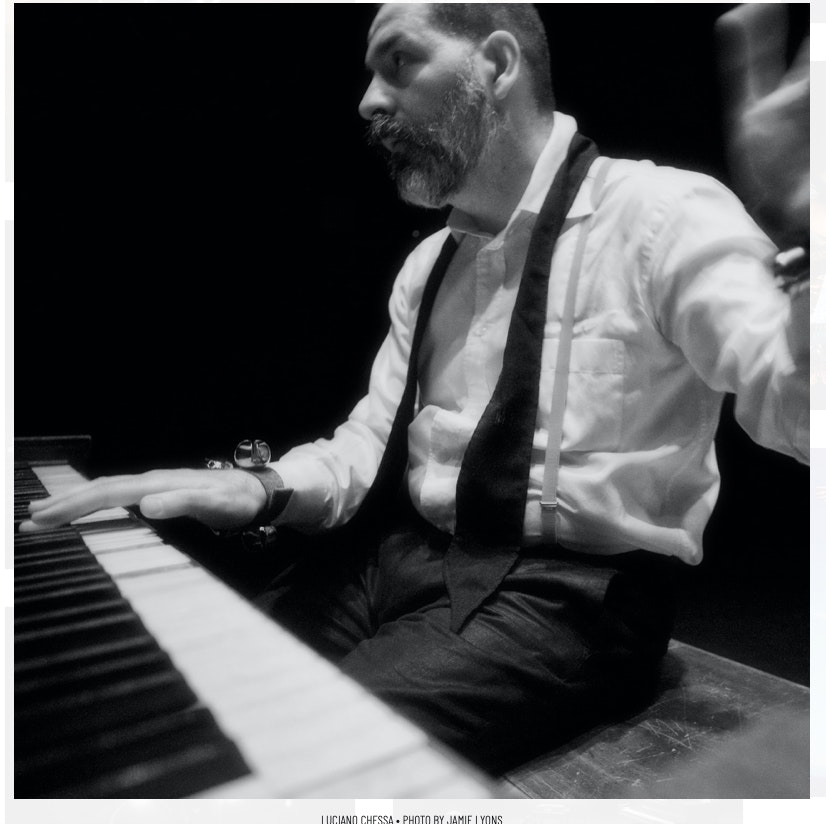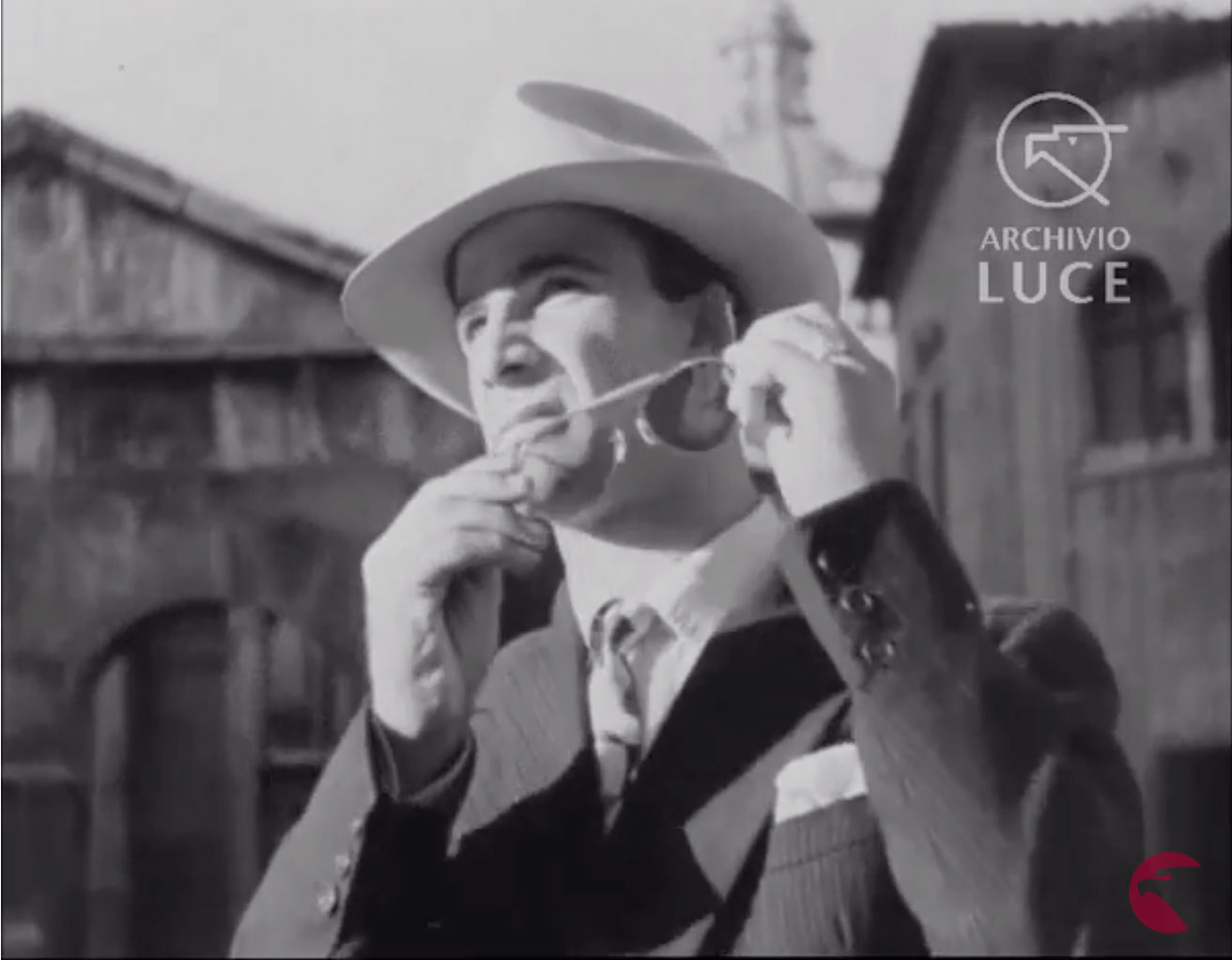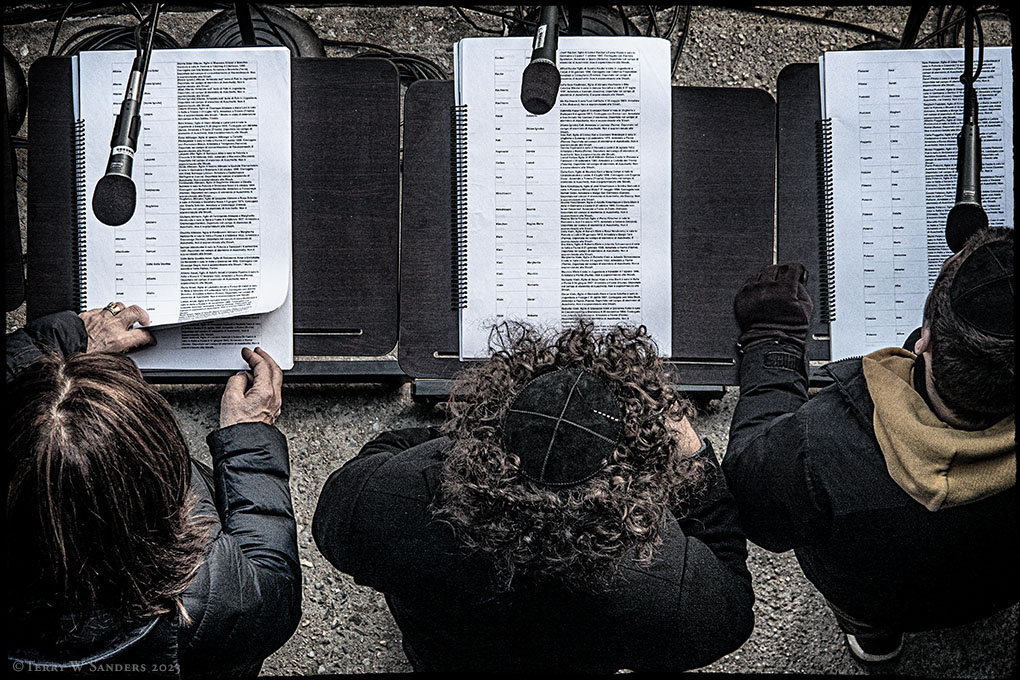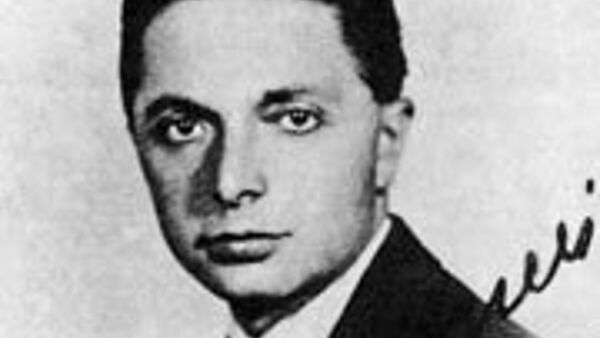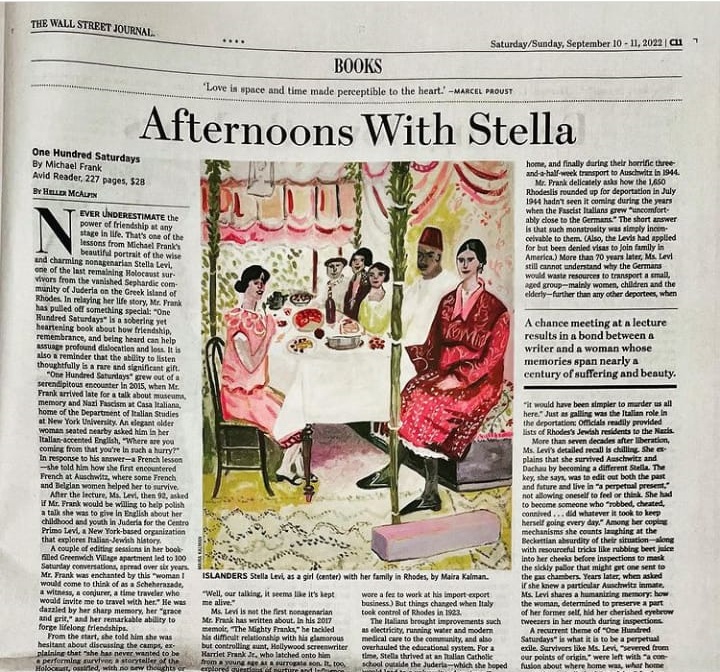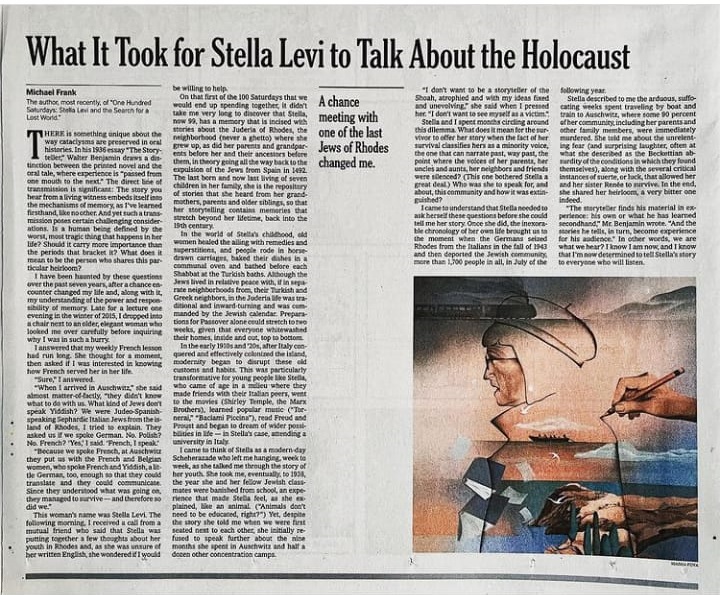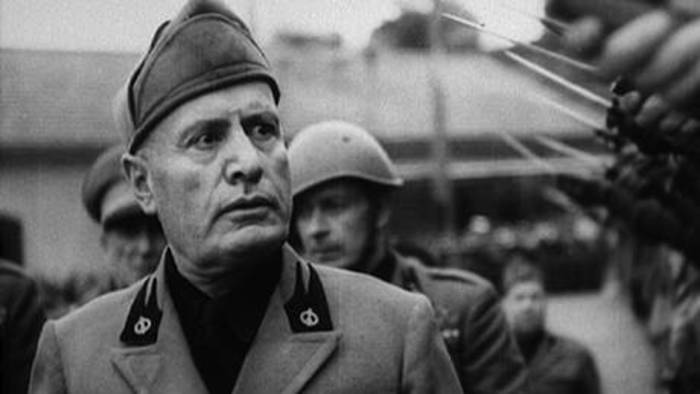By Michael Frank in The New York Times
There is something unique about the way cataclysms are preserved in oral histories. In his 1936 essay “The Storyteller,” Walter Benjamin draws a distinction between the printed novel and the oral tale, where experience is “passed from one mouth to the next.” The direct line of transmission is significant: The story you hear from a living witness embeds itself into the mechanisms of memory, as I’ve learned firsthand, like no other. And yet such a transmission poses certain challenging considerations. Is a human being defined by the worst, most tragic thing that happens in her life? Should it carry more importance than the periods that bracket it? What does it mean to be the person who shares this particular heirloom?
I have been haunted by these questions over the past seven years, after a chance encounter changed my life and, along with it, my understanding of the power and responsibility of memory. Late for a lecture one evening in the winter of 2015, I dropped into a chair next to an older, elegant woman who looked me over carefully before inquiring why I was in such a hurry.

